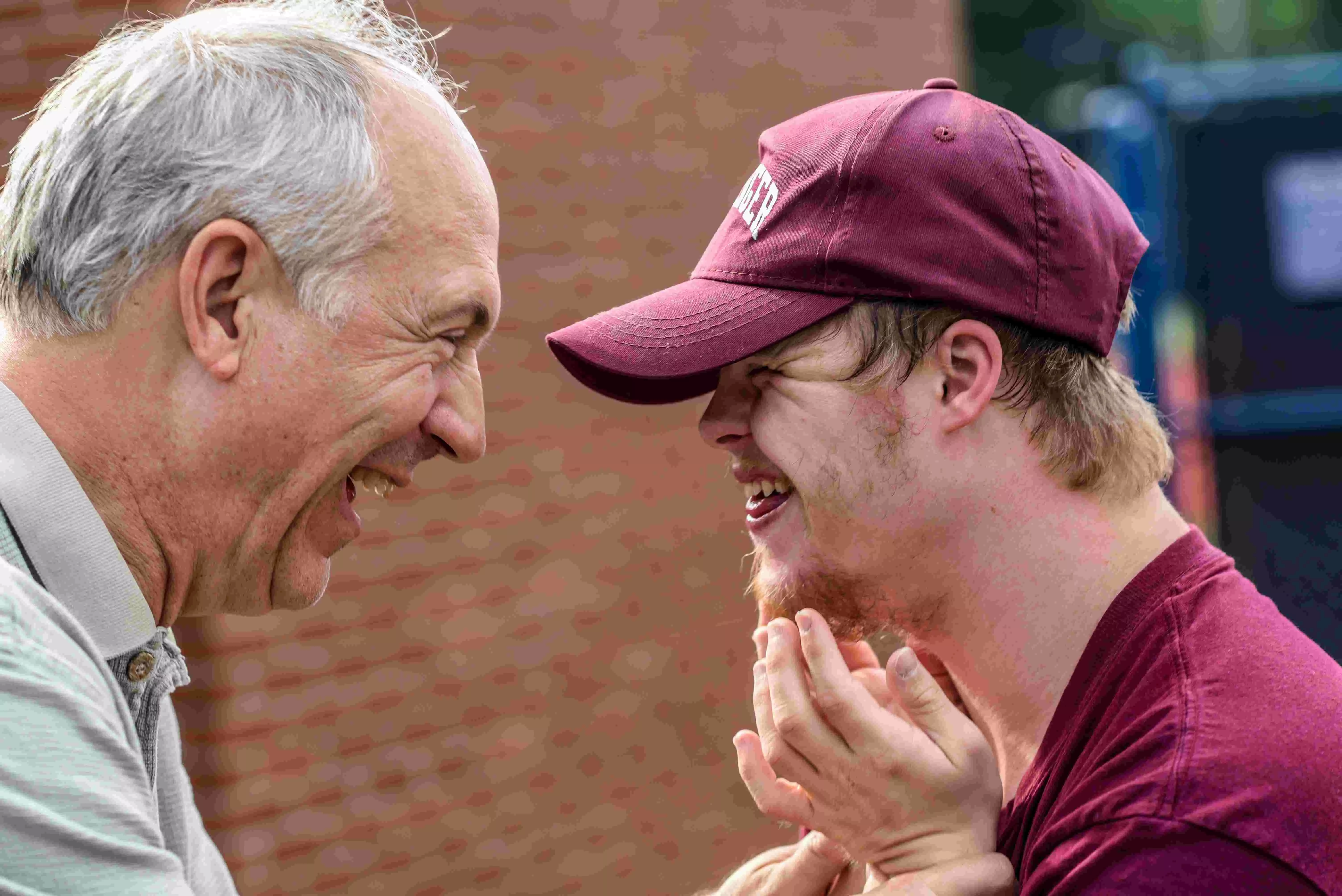Autism: Science, Not Speculation
As misinformation resurfaces linking vaccines and paracetamol to autism, experts reaffirm that science—not fear—must guide public understanding and healthcare choices

Autism Spectrum Disorder (ASD) has once again become the unfortunate target of viral misinformation, this time, not from anonymous corners of the internet, but from influential figures, including world leaders and tech founders.
US President Donald Trump’s remarks on paracetamol (known as Tylenol in the U.S.) and his scepticism about childhood vaccines have triggered widespread reaction among doctors, scientists, and public health bodies. More recently, a self-published report falsely suggesting a link between vaccines and autism was widely circulated in India, is now receiving great backlash.
This misinformation has alarmed experts who warn that such claims could undo decades of vaccination progress and fuel public distrust in healthcare systems. The WHO, once again, clarified that no consistent association has been established between autism and either paracetamol or vaccines.
What is Autism Spectrum Disorder?
It is a neurodevelopmental condition that affects how a person communicates, interacts, and perceives the world. It is called a “spectrum” because symptoms and severity vary widely from mild social challenges to significant communication or behavioural differences.
Autism is NOT Caused By:
Refrigerator mothers, aka emotional neglect or bad parenting;
Tylenol or paracetamol use during pregnancy;
Vaccines (of any kind, at any stage);
5G towers, mobile radiation, or “modern lifestyle” factors;
Dairy or vegan diets;
Wrong sex positions.
What can cause Autism?
The causes of autism are multifactorial, involving a complex interplay of genetic, neurological, and environmental factors.
Genetics: Autism often runs in families, as shown in family and twin studies. Many genes affect how brain cells connect and communicate.
Prenatal influences: Certain complications during pregnancy or birth, and advanced parental age, may modestly increase risk.
Brain development: Differences in neural connectivity and processing. The environment shapes but doesn’t cause autism.
There is no single cause, and certainly no single person, thing or behaviour to blame.
Can Autism be treated?
There is no cure for ASD at the moment because it is not a disease, nor is it a reflection of intelligence. It is a lifelong neurodevelopmental condition. It’s a different way of experiencing and processing the world. However, many supportive interventions help children and adults with ASD lead meaningful, productive lives.
Behavioural therapy (like Applied Behavioural Analysis) helps with communication and adaptive skills.
Speech and occupational therapy improve language, social, and motor development.
Parent training and community support create inclusive environments where neurodiverse individuals can thrive.
The FDA has approved two drugs, risperidone and aripiprazole, for the treatment of irritability, aggression, and self-mutilation.
Stem cell therapy, though marketed aggressively in some countries, remains experimental and unapproved by the U.S. FDA and other major health bodies. Current evidence is insufficient to recommend it as a legitimate treatment.
In the end, autism deserves empathy, not conspiracy. Every time misinformation spreads, it doesn’t just distort science but also hurts families, delays diagnosis, and deepens stigma. Autism is not caused by vaccines. It’s misunderstood because of misinformation.



